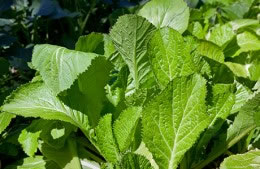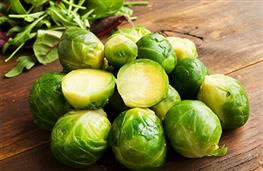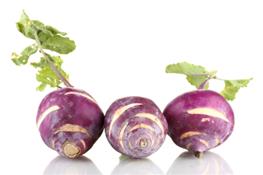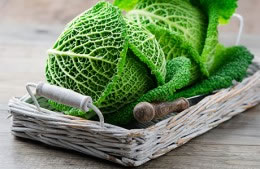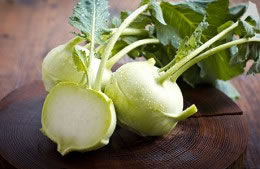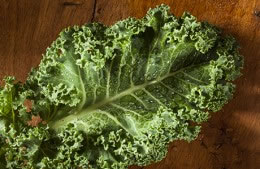Isothiocyanates
Health benefits of Isothiocyanates:
Isothiocyanates may inhibit the development of cancer, be anti-inflammatory and could protect us from damaging cell distortions
The Worlds Science
What are isothiocyanates?
They are phytochemicals produced from the consumption of cruciferous vegetables (greens, cabbage, cauliflower)1.
Why do they matter to me?
Tests performed in laboratories and in animal studies have shown that isothiocyanates exhibit antioxidant, anti inflammatory and anti cancer activity2.
What about human studies?
A small clinical trial in smokers found evidence that consumption of 170 g/d of watercress (rich in isothiocyanates), decreased the carcinogenic effects of tobacco3.
What’s sulforaphane?
Sulforaphane is an isothiocyanate that has received a lot of attention. It is present in cauliflower and broccoli and in a lab has exhibited anticancer and antimicrobial properties.
They are phytochemicals produced from the consumption of cruciferous vegetables (greens, cabbage, cauliflower)1.
Why do they matter to me?
Tests performed in laboratories and in animal studies have shown that isothiocyanates exhibit antioxidant, anti inflammatory and anti cancer activity2.
What about human studies?
A small clinical trial in smokers found evidence that consumption of 170 g/d of watercress (rich in isothiocyanates), decreased the carcinogenic effects of tobacco3.
What’s sulforaphane?
Sulforaphane is an isothiocyanate that has received a lot of attention. It is present in cauliflower and broccoli and in a lab has exhibited anticancer and antimicrobial properties.
Sulforaphane has very recently been shown to affect non-coding RNAs. Once considered to be 'junk DNA' are now thought to have a critical role in the spread of malignant cancer cells. Sulforaphane is now thought to exert a controlling effect on these RNAs keeping them 'normal' and slowing the process of cancer4.
Sulforaphane is released when the plant is damaged so chop and chew well!
How can I get some?
Cruciferous vegetables, such as bok choy, broccoli, Brussels sprouts, spring greens, cabbage, cauliflower, horseradish, kale, kohlrabi, mustard, radish, swede, turnip, and watercress, are rich sources of isothiocyanates5,6.
Cooking, particularly boiling will reduce the quantity of isothiocyanates available to our bodies so eat raw or steam gently to maximise the benefits.
How can I get some?
Cruciferous vegetables, such as bok choy, broccoli, Brussels sprouts, spring greens, cabbage, cauliflower, horseradish, kale, kohlrabi, mustard, radish, swede, turnip, and watercress, are rich sources of isothiocyanates5,6.
Cooking, particularly boiling will reduce the quantity of isothiocyanates available to our bodies so eat raw or steam gently to maximise the benefits.
Review date: 2/14/2022
Next review date: 2/14/2023
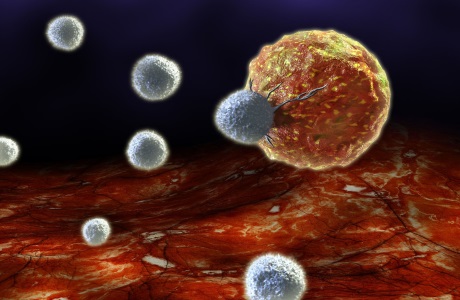
291
445
https://www.checkyourfood.com/content/blob/Micronutrients/top-foods-for-Isothiocyanates.jpg
Top 6 ingredients for Isothiocyanates taking into account portion size and cooking retention factors
Filter ingredients by:

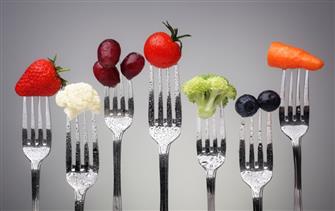 About nutrients
About nutrients
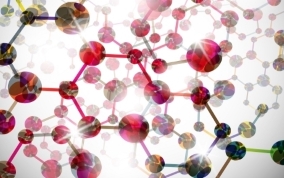 All nutrients
All nutrients
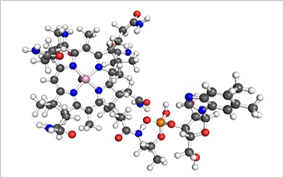 vitamins
vitamins
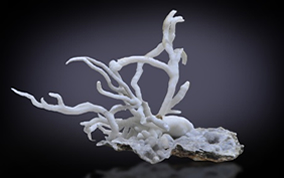 minerals
minerals
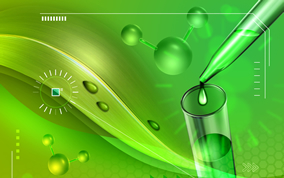 phytochemicals
phytochemicals
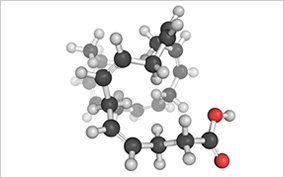 fatty acids
fatty acids
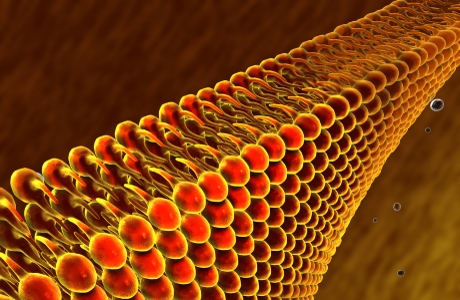 macronutrients
macronutrients
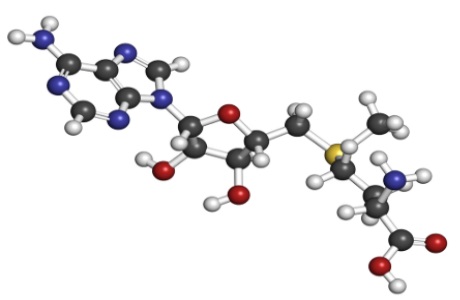 amino acids
amino acids
